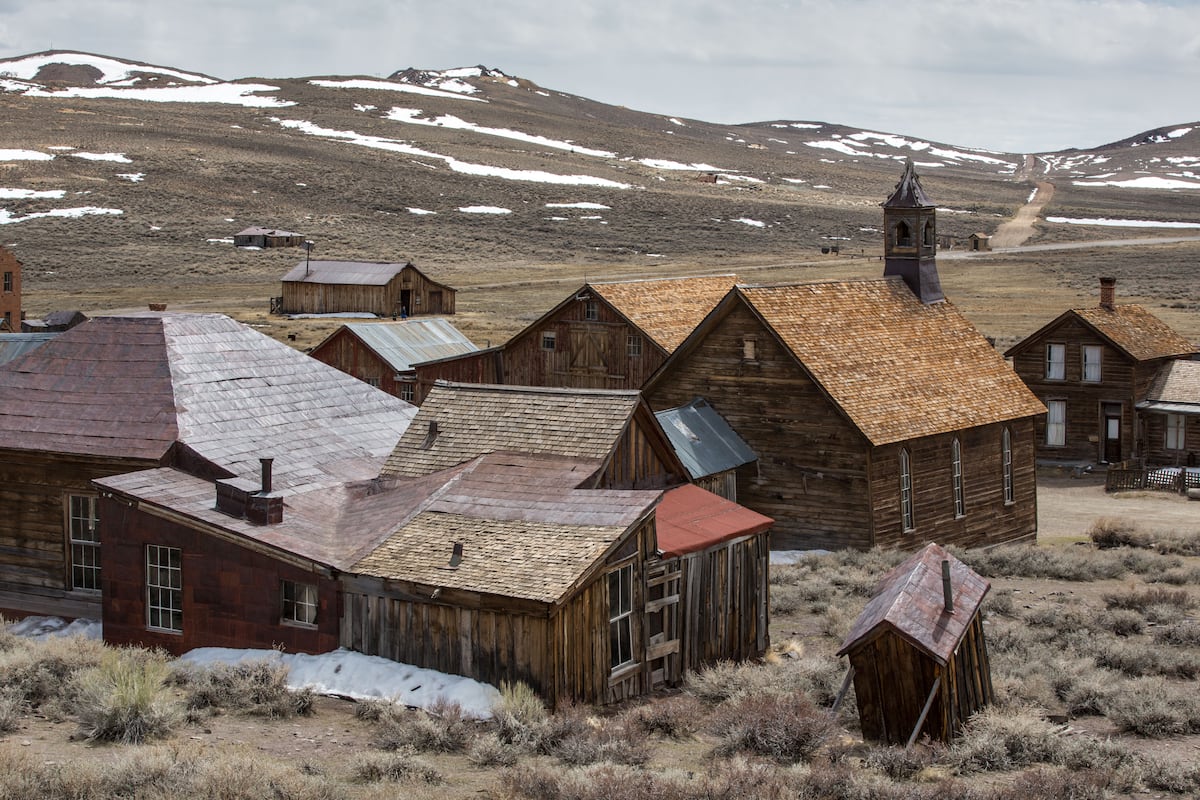
"At the end of the summer of 1859 one that was surely hot, dusty, and full of guys in wide-brimmed hats sweating under their shirt collars a small but determined group of gold prospectors decided to venture into Willow Creek Valley, a remote place in northern California whose only claim to fame was that, until then, there was absolutely nothing there except trees, rocks, silence, and the small but persistent possibility of finding something buried in the ground that could change your life."
"Bodey found gold and silver next to a nameless stream because here even rivers have no identity until someone important names them or dies beside them but three days later, the weather became a narrative device: a snowstorm in October, in California, as if the weather had decided to reinterpret Fargo a hundred years ahead of time fell on the valley and blanketed everything."
"The rest of the expedition took refuge in a cave as best they could. Bodey, no. Bodey decided he was going to save the gold. Because, of course, that's what he'd come for. But the bundles were heavy. And he was old. And the snow was deep. The result: the following day, his companions found his frozen corpse under a white mound and buried him on the spot, quickly and without ceremony."
At the end of summer 1859 a small group of gold prospectors entered Willow Creek Valley in northern California, a remote place of trees, rocks, and silence. William S. Bodey, a retired gunfighter seeking gold and a quieter retirement, found gold and silver beside a nameless stream. Three days later an October snowstorm blanketed the valley and the rest of the expedition sheltered in a cave. Bodey attempted to save the heavy bundles of ore, became trapped in deep snow, and froze to death. Companions buried him quickly and without ceremony and removed the gold. The settlement later became Bodie and a state historic park.
Read at english.elpais.com
Unable to calculate read time
Collection
[
|
...
]